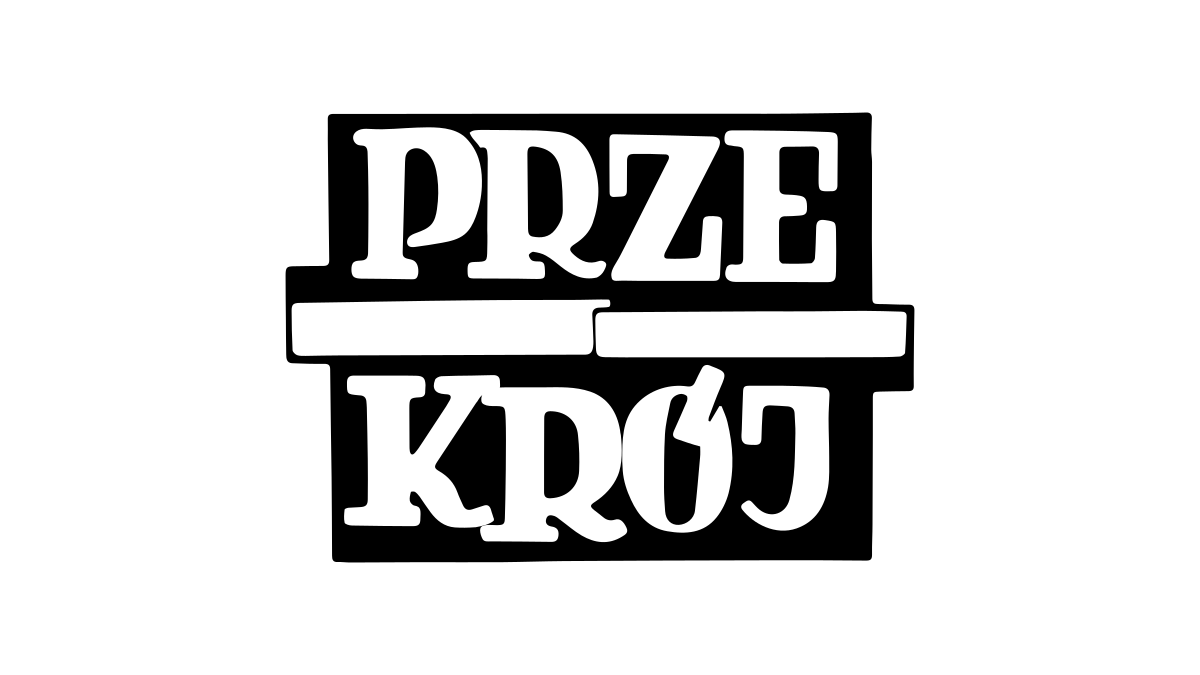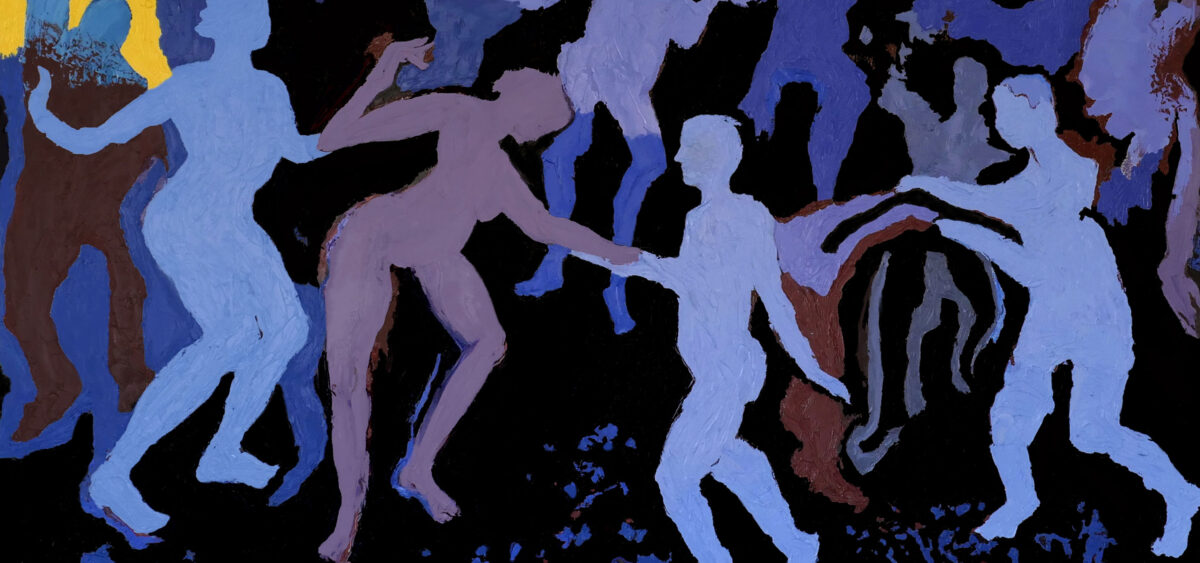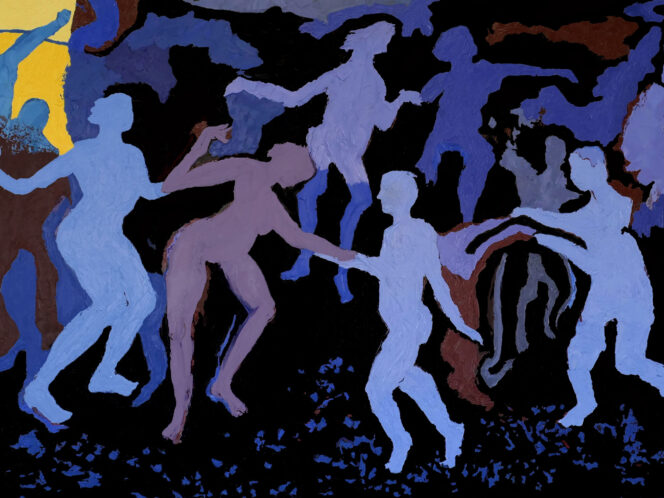
In uncertain times, we feel a stronger need to belong. What does it take for a circle of friends to become a real community?
A significant tension runs through contemporary Western culture, which values individualism and emphasizes the separateness of each person, their personal dignity, freedom and rights. As a result, something resembling an invisible and simultaneously impenetrable boundary emerges between me and others. I will never be able to fully understand them, and they will never fully understand me. Not only are our inner worlds inaccessible to one another, but also this inaccessibility is rather fundamental. We exist “next to each other” rather than “together,” “in relation to” rather than “for one another.” We can work together, help each other in different situations, and even save each other, but our bond is marked by a kind of anxiety: “can I really rely on you?” And “what can you expect from me?” This is the price we pay for personal freedom.
And yet, in the individualistic culture of the West, there is also some room for a search for rooting, connection, and thus, the opposite of separateness. This need develops especially whenever a crisis—economic, humanitarian or otherwise—arises. With it come the questions: What do we owe to others? What is the extent of our responsibility towards them? What is this responsibility based on and what form should it take? No man








